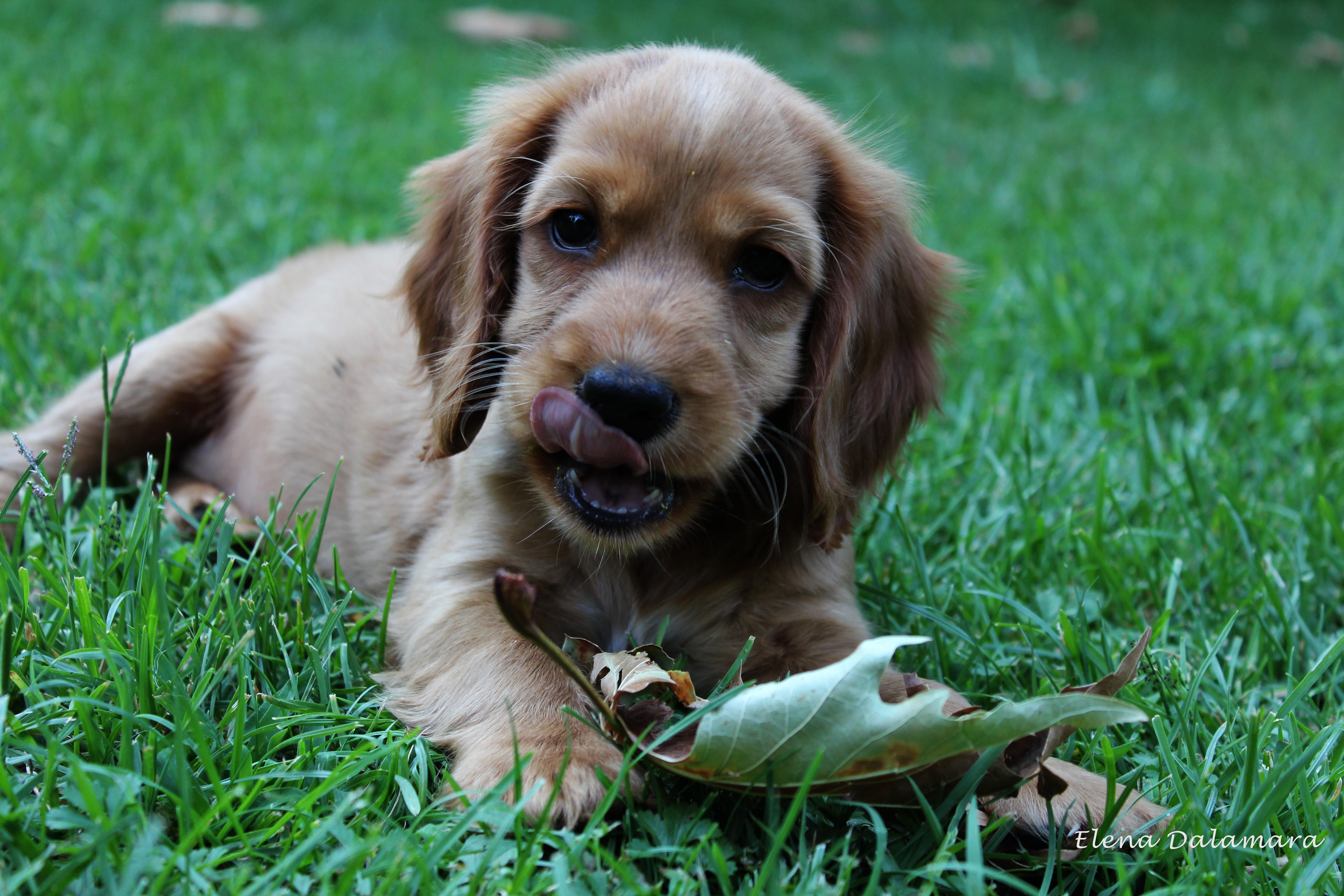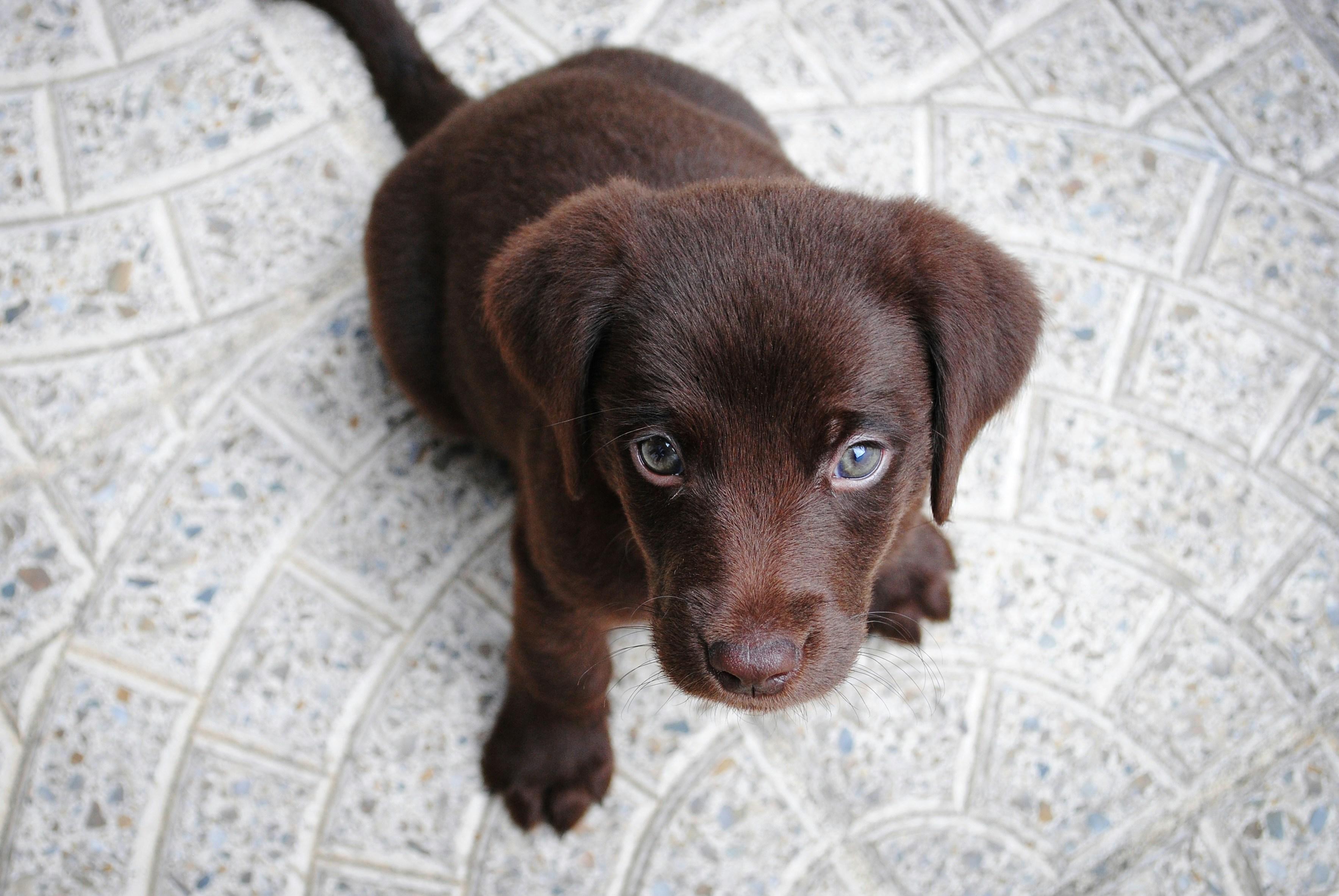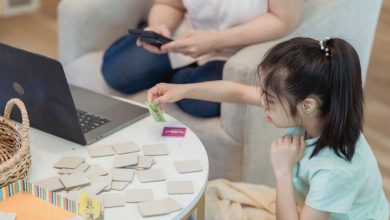The Dangers of Over-Training Your Puppy Too Early

Introducing a new puppy into your home is a thrilling and joyful experience, filled with playful moments and plenty of tail wags. As a responsible pet owner, you naturally want to give your furry friend the best start in life, which often includes training. However, while it’s important to teach your puppy good manners and basic commands, it’s equally crucial to understand the potential dangers of over-training too early. In this article, we’ll explore why taking a balanced approach to puppy training is essential, highlighting how too much too soon can impact your puppy’s physical and emotional development. With a friendly guide to finding the right training rhythm, you’ll learn how to nurture a happy, healthy, and well-adjusted canine companion.
Understanding Puppy Development Stages for Effective Training
It’s crucial to recognize that puppies, much like human infants, go through various developmental stages, each requiring specific approaches to training. Over-training a puppy too early can lead to several issues that may affect their physical health and emotional well-being. Understanding these stages can help pet owners tailor their training techniques appropriately.
- Physical Limitations: Puppies are still growing, and excessive physical training can put undue stress on their developing joints and bones. This can lead to long-term health problems.
- Mental Overload: Young pups have short attention spans. Overloading them with too much information or training can cause frustration and anxiety, which may result in behavioral issues.
- Bonding Time: Early training should focus on bonding and trust-building rather than rigorous commands. This lays a foundation for effective training in later stages.
- Positive Reinforcement: Encouraging natural curiosity and playfulness with positive reinforcement helps puppies associate learning with fun, rather than stress.
By respecting your puppy’s developmental needs, you ensure a happier, healthier, and more obedient companion in the future. Remember, patience and understanding are key during these formative months.

Recognizing Signs of Stress and Fatigue in Young Puppies
Understanding your puppy’s limits is crucial to fostering their healthy development. Young puppies, like human babies, have their own way of communicating when they’re overwhelmed. Being aware of these signals is key to preventing stress and fatigue from over-training. Here are some signs to watch out for:
- Excessive Panting: If your puppy is panting heavily despite moderate temperatures, it may be a sign they’re overexerted.
- Yawning or Licking Lips: While these can be normal behaviors, frequent yawning or lip licking can indicate stress.
- Reluctance to Engage: Puppies that are normally eager to play but suddenly seem disinterested or hesitant might be feeling overwhelmed.
- Drooping Ears and Tail: Watch for body language changes such as ears pinned back or a tail tucked between their legs.
- Frequent Scratching: Increased scratching or biting at their fur can sometimes be a stress response.
Remember: Your puppy’s health and well-being are the top priority. If you notice any of these signs, it’s time to slow down, offer some comfort, and give them a well-deserved break. Keeping training sessions short and positive helps ensure a happy and healthy puppy!

Balancing Play and Learning to Foster Healthy Growth
Ensuring your puppy enjoys a healthy balance between play and learning is crucial for their development. Over-training can lead to stress, anxiety, and even behavioral issues. Puppies, like children, learn best when they are having fun. Here are some tips to maintain this balance:
- Short Sessions: Keep training sessions brief, ideally no more than 5-10 minutes, to match their attention span.
- Incorporate Play: Mix in playtime with training. Use toys and games as rewards to keep your puppy engaged and motivated.
- Consistency Over Intensity: Regular, short training intervals are more effective than long, infrequent ones.
- Read Their Signals: Watch for signs of fatigue or frustration and be ready to switch to playtime if needed.
By prioritizing play alongside structured learning, you not only make training enjoyable but also nurture a well-rounded and confident pup. Remember, a happy puppy is a willing learner!

Practical Tips for Gentle and Positive Puppy Training
Training your puppy is an exciting journey, but it’s crucial to approach it with patience and positivity. Here are some practical tips to ensure your training sessions are both effective and enjoyable for your furry friend:
- Keep Sessions Short and Sweet: Puppies have short attention spans, so aim for brief, engaging sessions. A good rule of thumb is to keep training to about 5-10 minutes, a few times a day.
- Use Positive Reinforcement: Reward your puppy with treats, praise, or playtime when they successfully follow a command. This encourages them to repeat the behavior and strengthens your bond.
- Be Consistent: Consistency is key in training. Use the same commands and rewards each time to help your puppy understand what’s expected.
- Stay Patient: Every puppy learns at their own pace. Celebrate small victories and be patient with setbacks.
Remember, the goal is to build a trusting relationship with your puppy while teaching them the ropes of good behavior. With these gentle and positive methods, you’ll set a solid foundation for your puppy’s lifelong learning journey.



